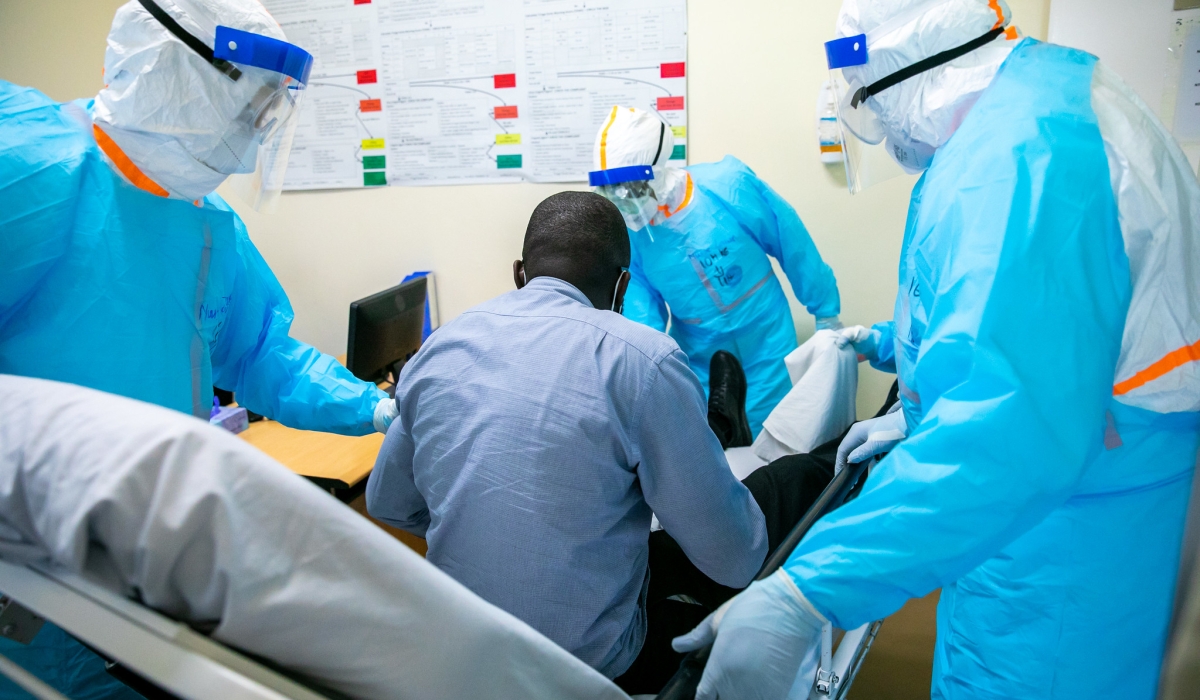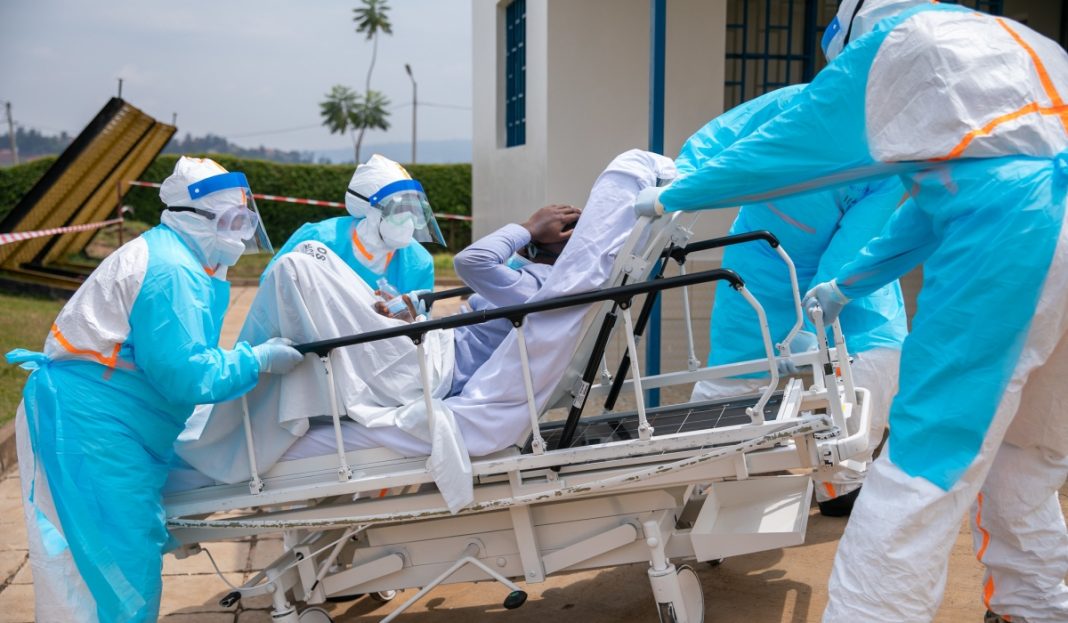When news broke of the recent Marburg virus cases in Rwanda on September 27, 2024, it would be easy to assume panic swept through the population. But for Rwandans, who have faced numerous challenges over recent decades, resilience and a sense of collective responsibility took precedence.
A few days prior, I had a conversation with a friend abroad about the outbreak. They expressed deep concern for my safety, but I reassured them that Rwandans were calm and focused. “It must feel good knowing that your government has your best interests at heart,” my friend remarked. That sentiment resonated with me as I reflected on Rwanda’s consistent commitment to its people.
Rwanda’s resilience in times of crisis can be traced back to the leadership and vision of President Paul Kagame. His speeches often inspire a sense of duty and perseverance. One that stands out was his address to students at Harvard Business School on May 15, 2023. “No matter how down you are brought, by any factors or forces, just don’t accept staying down. Find a way up, don’t despair,” he said. This advice has not only defined Rwanda’s journey over the past thirty years but also empowered its citizens to embrace resilience as a way of life.
Rwanda’s transformation is remarkable, given its tragic history. In the aftermath of the 1994 Genocide against the Tutsi, Rwanda rose from devastation to become one of Africa’s safest and most unified countries. The capital, Kigali, is known for its cleanliness, and the nation has achieved high electricity coverage. Rwandans hold a passport that grants them access to 67 visa-free destinations—a testament to the country’s steady progress on the international stage.
Rwanda’s preparedness and resilience have proven crucial in responding to crises, particularly in health. In March 2020, the Covid-19 pandemic hit hard, causing loss and uncertainty. Yet, the government responded quickly with strict health measures, from mask mandates to securing vaccines. This swift response protected many vulnerable families, and the government’s food support initiative ensured those most affected could survive the crisis.
The impact of government support was evident on a personal level. While living with my family during the pandemic helped shield me, I saw friends lose their jobs, and for them, food support was a lifeline. The collective response highlighted that in Rwanda, people can rely on their leaders and communities to navigate hard times.
This experience prepared Rwandans well for the Marburg virus response. When news of the virus reached my workplace, we didn’t panic; instead, we took swift precautions. Employers gave safety briefings, and hand sanitizers became a staple in offices and neighborhoods alike. My landlady even organized a meeting to discuss safety measures, maintaining calm that reassured us all.
Rwanda’s resilience has not only enabled it to tackle crises like Covid-19 and Marburg but has also reinforced the unity that is a cornerstone of our national identity. Rwandans work together in times of need and, more importantly, support one another daily. The journey of Rwanda—of overcoming division, trauma, and poverty—has shown us that resilience is not just about enduring hardship but about rebuilding and thriving as a community.
In Rwanda, a strong sense of unity defines everyday life. Through each crisis, the determination to rebuild, protect, and uplift each other has only grown stronger. The Marburg virus outbreak is yet another challenge we face, but we know that with leadership, resilience, and unity, we are more than capable of overcoming it.



